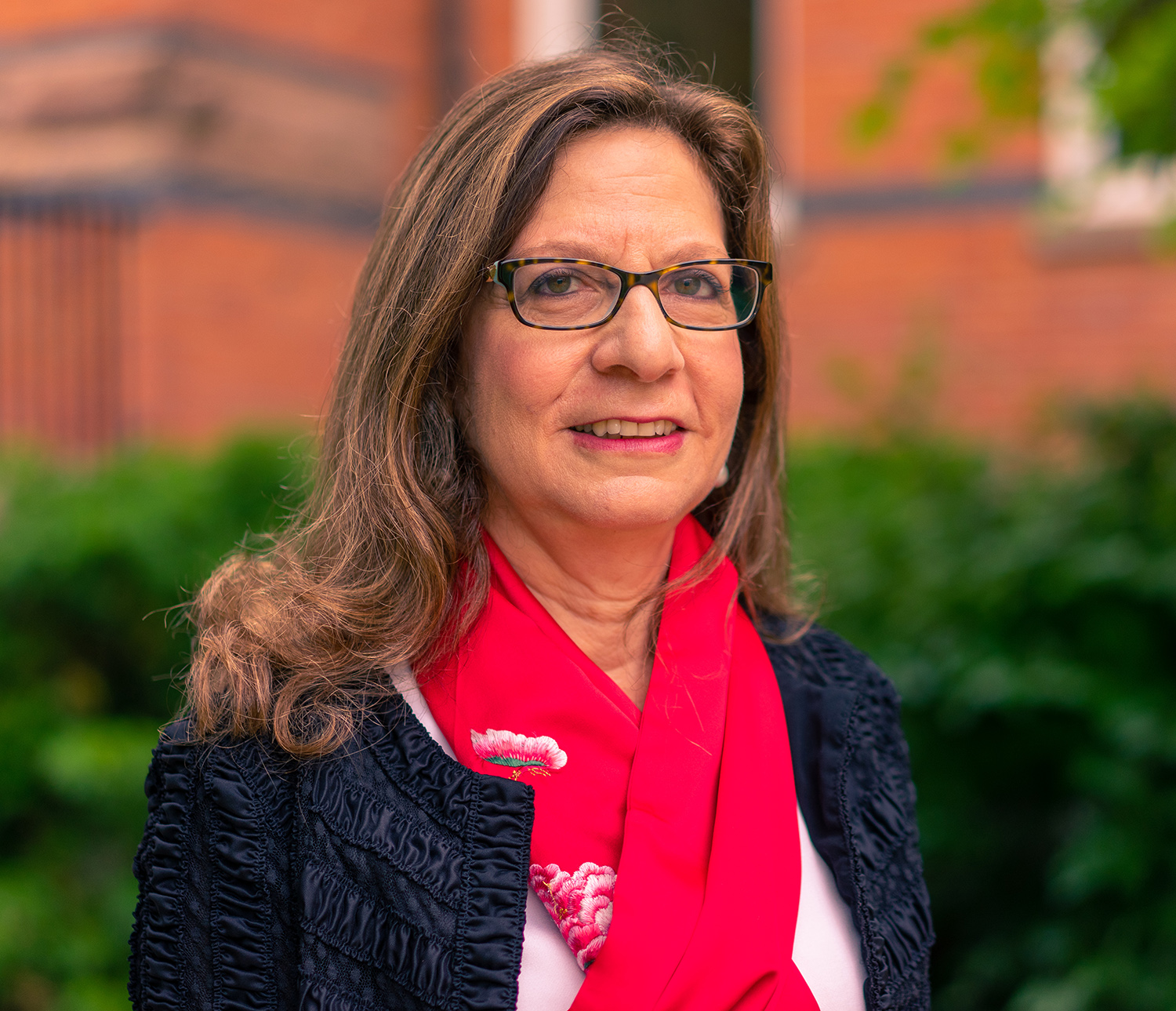Camelia Suleiman, associate professor in the Department of Linguistics and Germanic, Slavic, Asian and African Languages, is currently staying in Nazareth, Israel, while co-teaching a course at Hebrew University through Zoom.
Many of her students, both Jewish and Palestinian, are participating despite the clashes that have been taking place outside their homes in the Old City of Jerusalem. She wrote the following while reflecting on her class and the street violence that has taken place in Israel and the Gaza Strip this past month. This piece is also featured on the College of Arts and Letters website.
Many of us in the MSU community have been following the news from Israel/Palestine with much concern. I had just arrived in Nazareth at my parents’ house when everything started. I was scheduled to co-teach a course at the Hebrew University of Jerusalem with Dr. Chiara Caradonna, a faculty member from there. The course “Women Novelists: (Re)Writing the Nation Across the Mediterranean” had been in the making for more than a year.
Young Palestinian students from East Jerusalem have been joining Hebrew University for the past 2-3 years. My presence, as a Palestinian from Nazareth, was to reassure these students, help support them and give them a sense of relevance.
Our course asks students to read women’s literature from France, Italy, Morocco, Algeria, Egypt, Palestine and Israel. Half the students who enrolled are Jewish and the other half Palestinian. As all students and faculty have been vaccinated, we were supposed to meet on campus. But, all of this got disrupted due to the recent developments.
We decided (like many other faculty) to switch the course to Zoom. Students show up to Zoom, both prepared and eager for the class, despite the fighting all around them. Their resilience is admirable, considering that some of them live in ‘hot’ areas where clashes were happening literally outside their doors.
I am filled with positive emotions — unspeakable, when I connect with the students through Zoom. I see humans, and I feel confident and strong when I see them in class, while everything around them is burning. They are the future.
These young people teach us a lesson in resilience, focus and hope. I hope politicians give them a chance to live and live with dignity, and without fears. They are a reminder to all of us of many things, including a reminder that the right to access education is a human right.
We at MSU, while already embodying that, can still be humbled by their courage and resilience. It is also a gentle reminder to us, as faculty, that the humanities can play a crucial role in society and in bringing people together.
While this post is not political, I am full of hope and confidence for an alternative future for both people. A future which allows them the joy of life.
“We love life whenever we can.” (Mahmoud Darwish, Palestinian poet laureate, 1941-2008)
